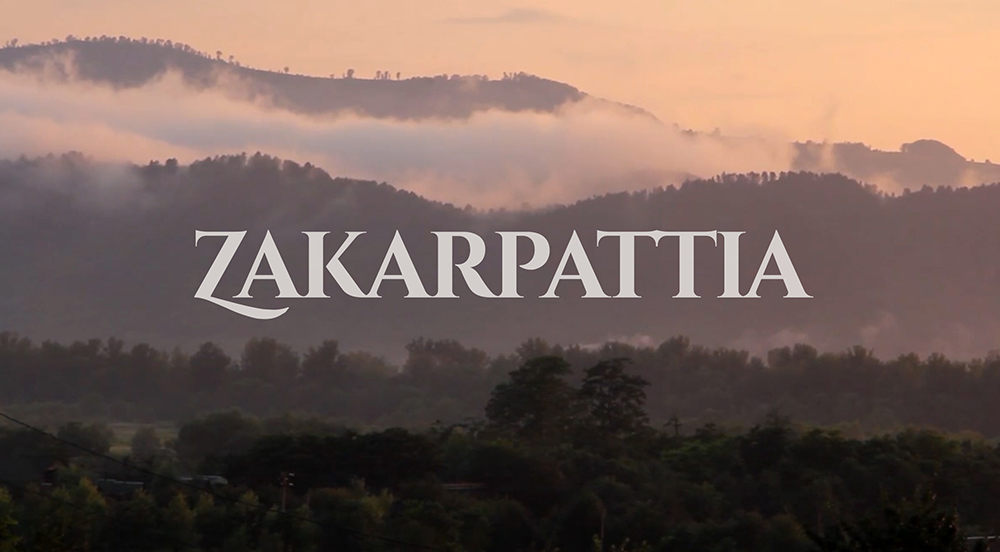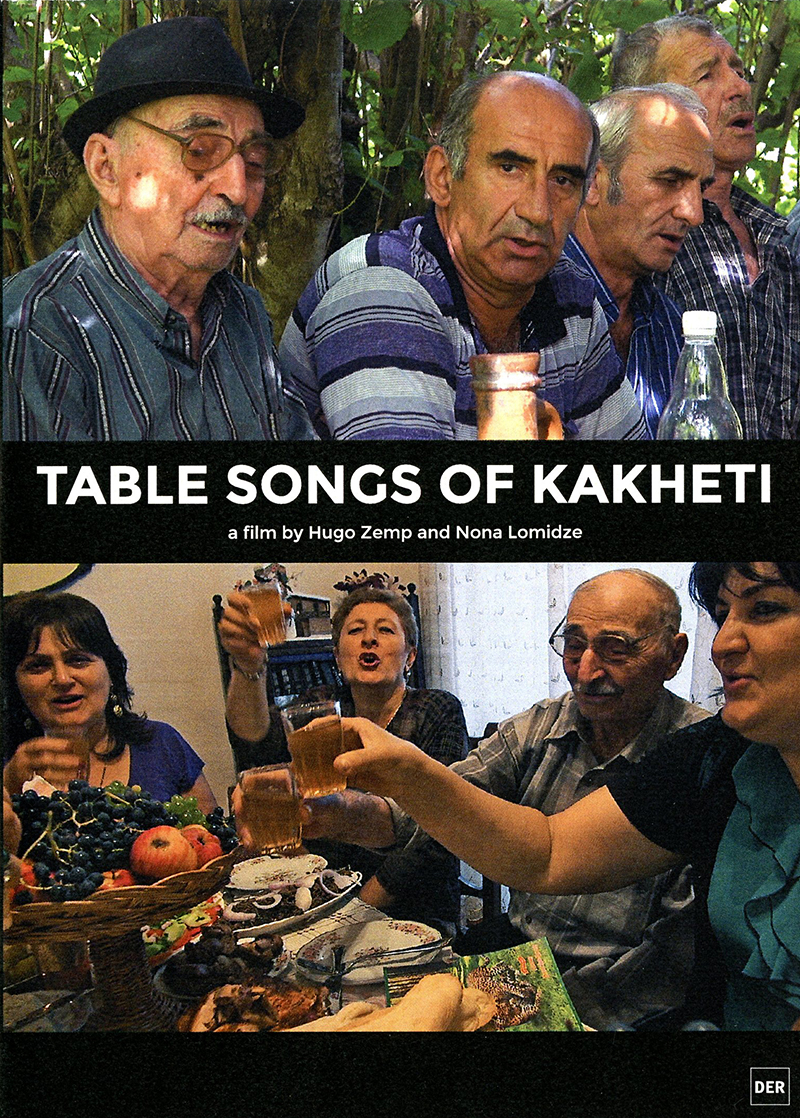A New Event Series of the mdw’s Department of Folk Music Research and Ethnomusicology (IVE)
In this day and age, one could hardly imagine the cultural studies field without audio-visual media. Video clips found on the Internet along with their viewers’ comments can be useful in analysing current discourses in various social realms. Video footage also gets produced both as primary source material for on-going research and as generally accessible material for research archives, and it frequently serves both as a starting point and as highly effective illustrative material for lectures, publications, and teaching. In the field of ethnology, visual anthropology is a longstanding research field that can even boast a few specialised master’s degree programmes. And the ethnographic film is, correspondingly, an independent publication format for which countless international festivals have now been established. A constituent idea behind the entire genre is the realisation that, in ethnographic films, the views of all those individuals involved in their making need to be reflected.

The introduction of sound in film was of particular benefit to folk music research and ethnomusicology, for the ability to document music- and dance-related situations as they unfold represented a revolution in terms of available source material. We can now analyse interactions in a vocal ensemble, playing techniques used on musical instruments, and the complex motion sequences involved in dance down to the smallest detail. The contextualisation of forms of musical expression as part of daily life likewise comes more strongly into focus. Above all, however, the medium of film succeeds like no other in bringing out the personalities of those who make the music, which have been a central point of reference for folk music research ever since the late 19th century. In the same way in which numerous studies have given rise to portraits of outstanding singers and instrumentalists, it’s likewise common for folk music films to have their main protagonists. This allows scholarly work to convey emotions with more immediacy, which represents a crucial advantage over the written word. Another advantage is that the filmic medium can reach a far broader, nonspecialist audience.

Furthermore, and to a particular extent in European folk music research, there has for quite some time now existed an independent genre of folk music and ethnomusicological documentary film. Research personalities document their thoroughly individual approaches to the examined musical cultures on the basis of a scholarly and artistic concept and at a high standard of filmmaking. Here, the constant alternation of perspectives realised via dialogical editing is a necessary component of a documentary that seeks to live up to the standards that folk music research and ethnomusicology upholds. This, of course, presupposes that scholarly filmmakers and their informants on location speak the same language. And it is for precisely this reason that the dialogue-oriented approach of performercentred research was developed particularly early on in European folk music research.
Since June 2017, with the event series Cinematographia Musicae Popularis (CiMPo) conceived by Ulrich Morgenstern and Ardian Ahmedaja, the Department of Folk Music Research and Ethnomusicology has been offering a forum for filmmakers specialised in this field to introduce scholarly artistic productions—above all those with a focus on European folk music—to a broad audience at and beyond the mdw. This also represents an opportunity to render transparent the associated way of working as well as, certainly, the excitement of folk music research as such.
CiMPo was kicked off with the film Table Songs of Kakheti, filmed in the Republic of Georgia by Hugo Zemp and Nona Lomidze, which was shown by curators at the Diplomatic Academy of Vienna in the presence of Georgian ambassador Konstantine Zaldastanishvili (1960–2017). The second event was no longer clearly attributable to any one national culture: on 20 October 2017, the Neues Konzertsaal at the mdw played host to a screening of the documentary Zakarpattia by Shaun Williams (Cincinnati/Bucharest), which offers insights into the musical life of Ukraine’s multi-ethnic Carpathian region including the adventurous concert tour of a Roma ensemble to Budapest.
For 2018, CiMPo has chosen Sardinian tradition as its focus. This will continue the IVE’s successful cooperation with the Istituto Italiano di Cultura di Vienna, where the upcoming two film presentations—each on a Thursday—will also be held. On 24 May, Renato Morelli will be introducing his work on singing a cuncordu in Cuglieri during Holy Week featuring two generations of singers, and on 8 November, Marco Lutz will be presenting a film on s’arrepetina, a tradition of improvised poetry in Central and Southern Sardinia. Cooperation with international partners as well as contact to expatriate communities in Vienna will likewise continue to be a significant pillar of CiMPo’s activities.

